This article has been created in order to give you insight on how to quickly remove the Gmera Mac Trojan from your Mac effectively.
The Gmera Mac Trojan is a very dangerous threat to all Mac computers as it can install itself silently and lead to data theft. Active infections can be made without any apparent symptoms and depending on the specific hacker instructions different actions can take place. This is the reason why affected users should remove it immediately.

Threat Summary
| Name | Gmera |
| Type | Mac OS Trojan |
| Short Description | The Gmera Mac Trojan can spy on the victims and steal their files. |
| Symptoms | The victims may not experience any apparent signs of infection. |
| Distribution Method | Phishing Email Messages and Sites |
| Detection Tool |
See If Your System Has Been Affected by malware
Download
Malware Removal Tool
|
User Experience | Join Our Forum to Discuss Gmera. |
Gmera Trojan Detected! Mac Users Targeted By This Malware
A new dangerous macOS virus has been detected called the Gmera Trojan. It has been detected in an active campaign which is directed by an unknown hacking group which is believed to be very experienced in order to have created such a threat.
The criminal group is using the tactics of embedding the necessary virus files in popular applications that are often installed by end users. According to the available information this particular Trojan has an emphasis on finance related applications such as trading software and applications which means that it may be geared against professionals working in the sector. The hackers have created landing website landing pages that advertise these viruses as legitimate installers. The Trojanized apps themselves are made by taking the original setup files and adding in the necessary virus code. This will only a very bit the original file size and the users won’t notice the difference.
Such fake download portals are also created specifically in order to mimic the legitimate software vendor sites, mirrors or other places where such software can be downloaded from. The most important elements included in them are the following:
- Similar Sounding Domain Name — The criminals will likely use a similar sounding domain name which may confuse visitors into thinking that they have accessed the real site. This is often done by creating copycat pages which are hosted on the so-called “mistyped names”.
- Copy Design and Layout — The criminals can copy down the design, layout and text from the original pages.
- Phishing Links and Content Redirects — The hackers may link to the hacker-created sites by setting up redirects in phishing or scam email messages which are sent in bulk to the intended victims. They can also be pushed through intrusive advertising including pop-ups, banners, ads and text links. Criminals frequently use fake accounts in order to link the hacker sites — this is particularly useful for social networks and various types of forums, chat rooms and etc.
The Trojanized virus-infected files are delivered in a ZIP archive file which includes the malware application.
Gmera Mac Trojan Virus Capabilities
When the Gmera Mac Trojan is started it will run a initial infection script which will trigger the sequence that will oversee the installation of the malware.
One of the first actions which are run involve the collection of data from the Mac computers, in most cases the information is separated into two categories:
- Personal Users Information — This can expose the identity of the users by looking for information related to their name, address, phone number and other related data. If additional functionality is added the main engine can also scan the browsers memory and hijack their browsing history, including bookmarks and saved passwords.
- Machine Metrics — The main Trojan engine can create a report of the installed hardware components and the operating system variables. This can be used to generate an unique identification code that can be applied to any system.
Following this the next component which will be run will install the threat as a persistent infection. This means that the virus code will be run every time the computer is started. This is done by editing out configuration files and system settings.
When the Trojan initiates its remote connection feature it will run a local agent which will establish a strong and secure connection to a hacker-controlled server. This will be done to different TCP ports evading the most commonly used in order to bypass possible firewall checks.
In comparison to other common Mac Trojans Gmera includes some unique features:
- The collection of a wide range of data including external IP addresses, the Mac model specifics and other data. While other common malware stops when all hardware components have been listed, this also extracts the disk usage and connected monitors.
- It can list the available Wi-Fi networks and other connections
- It can detect if there any installed security applications and services installed and disable them
As always Trojan threats like this one are designed to hijack user data and take over control of the machines.
Steps to Prepare Before Removal:
Before starting to follow the steps below, be advised that you should first do the following preparations:
- Backup your files in case the worst happens.
- Make sure to have a device with these instructions on standy.
- Arm yourself with patience.
- 1. Scan for Mac Malware
- 2. Uninstall Risky Apps
- 3. Clean Your Browsers
Step 1: Scan for and remove Gmera files from your Mac
When you are facing problems on your Mac as a result of unwanted scripts and programs such as Gmera, the recommended way of eliminating the threat is by using an anti-malware program. SpyHunter for Mac offers advanced security features along with other modules that will improve your Mac’s security and protect it in the future.
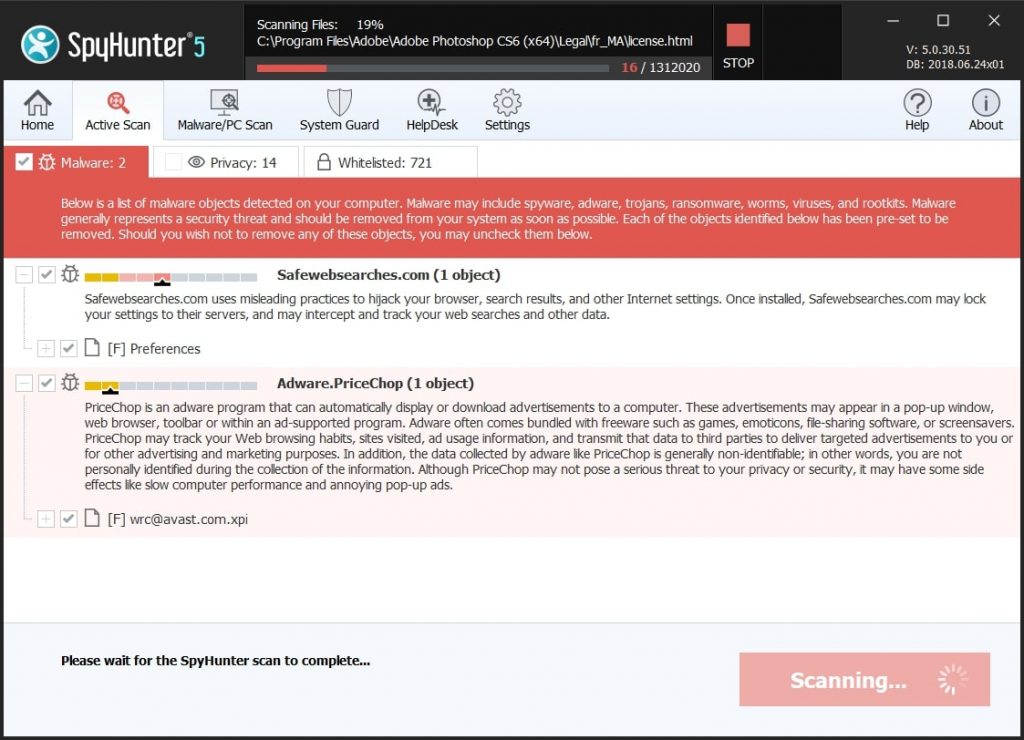
Quick and Easy Mac Malware Video Removal Guide
Bonus Step: How to Make Your Mac Run Faster?
Mac machines maintain probably the fastest operating system out there. Still, Macs do become slow and sluggish sometimes. The video guide below examines all of the possible problems that may lead to your Mac being slower than usual as well as all of the steps that can help you to speed up your Mac.
Step 2: Uninstall Gmera and remove related files and objects
1. Hit the ⇧+⌘+U keys to open Utilities. Another way is to click on “Go” and then click “Utilities”, like the image below shows:
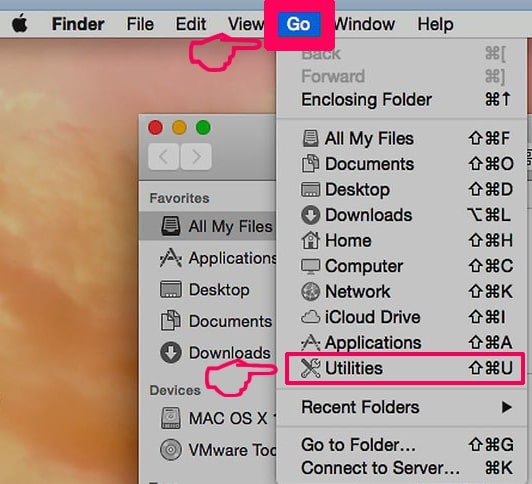
2. Find Activity Monitor and double-click it:
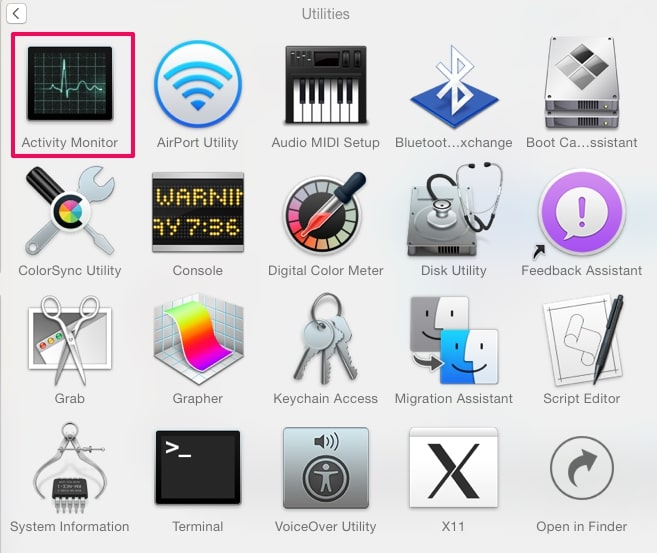
3. In the Activity Monitor look for any suspicious processes, belonging or related to Gmera:
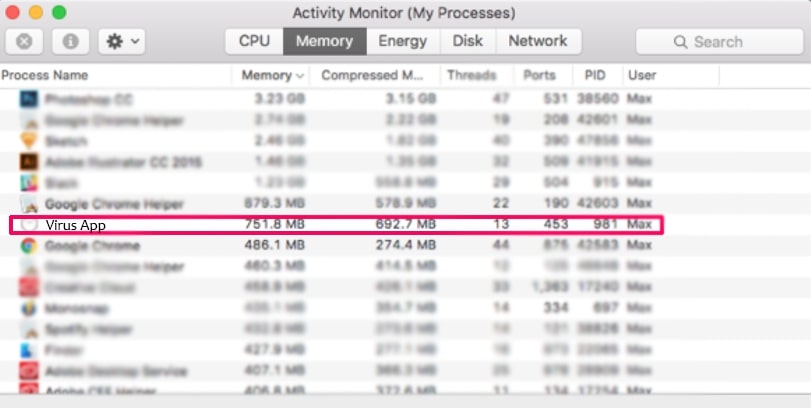
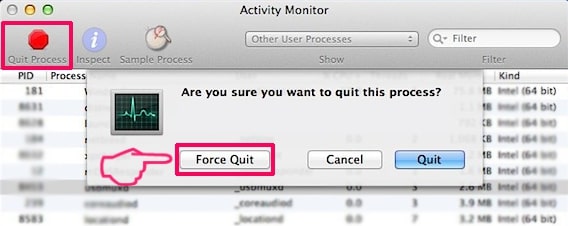
4. Click on the "Go" button again, but this time select Applications. Another way is with the ⇧+⌘+A buttons.
5. In the Applications menu, look for any suspicious app or an app with a name, similar or identical to Gmera. If you find it, right-click on the app and select “Move to Trash”.
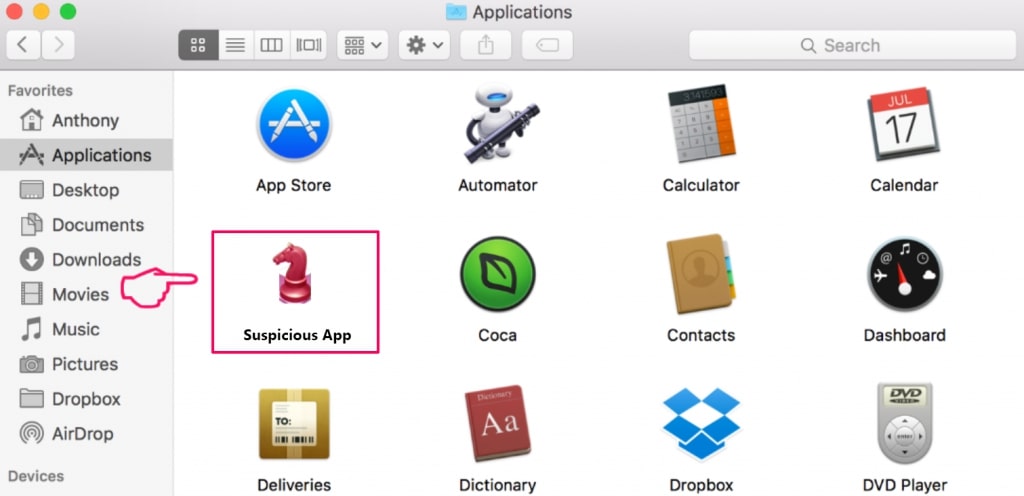
6. Select Accounts, after which click on the Login Items preference. Your Mac will then show you a list of items that start automatically when you log in. Look for any suspicious apps identical or similar to Gmera. Check the app you want to stop from running automatically and then select on the Minus (“-“) icon to hide it.
7. Remove any leftover files that might be related to this threat manually by following the sub-steps below:
- Go to Finder.
- In the search bar type the name of the app that you want to remove.
- Above the search bar change the two drop down menus to “System Files” and “Are Included” so that you can see all of the files associated with the application you want to remove. Bear in mind that some of the files may not be related to the app so be very careful which files you delete.
- If all of the files are related, hold the ⌘+A buttons to select them and then drive them to “Trash”.
In case you cannot remove Gmera via Step 1 above:
In case you cannot find the virus files and objects in your Applications or other places we have shown above, you can manually look for them in the Libraries of your Mac. But before doing this, please read the disclaimer below:
1. Click on "Go" and Then "Go to Folder" as shown underneath:
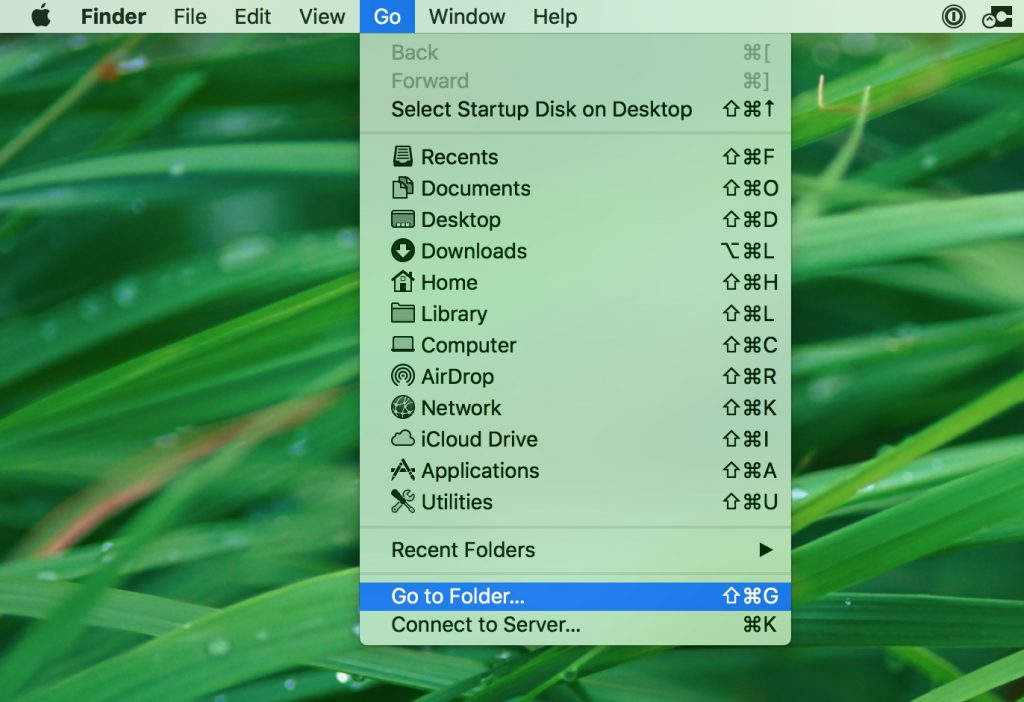
2. Type in "/Library/LauchAgents/" and click Ok:
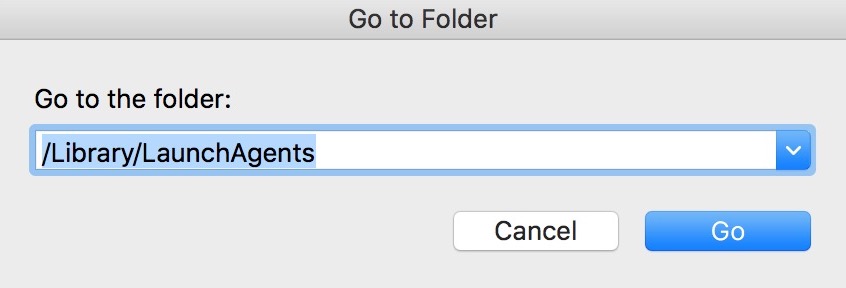
3. Delete all of the virus files that have similar or the same name as Gmera. If you believe there is no such file, do not delete anything.
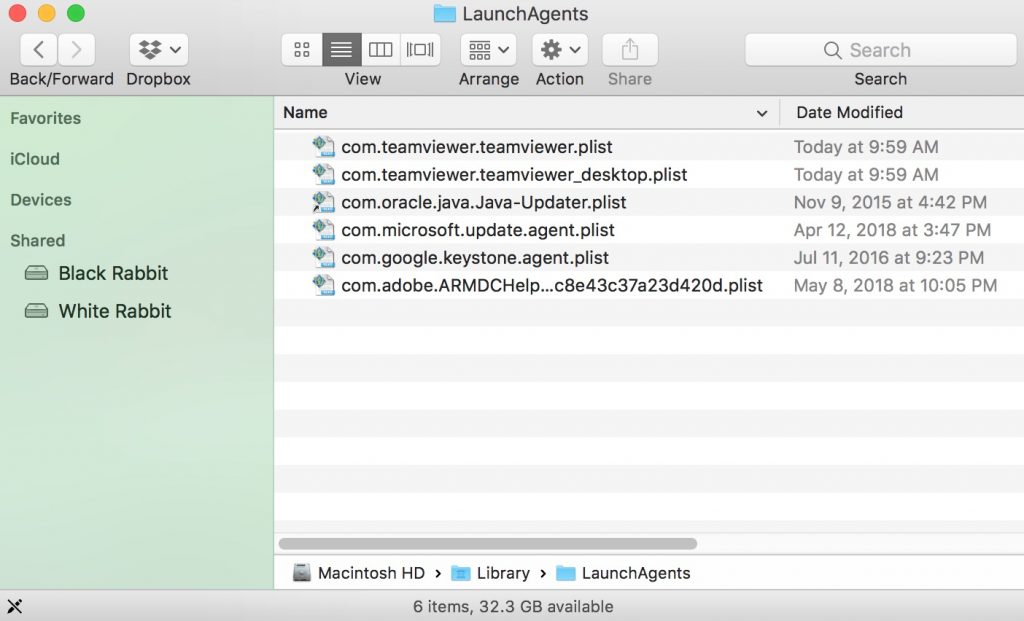
You can repeat the same procedure with the following other Library directories:
→ ~/Library/LaunchAgents
/Library/LaunchDaemons
Tip: ~ is there on purpose, because it leads to more LaunchAgents.
Step 3: Remove Gmera – related extensions from Safari / Chrome / Firefox
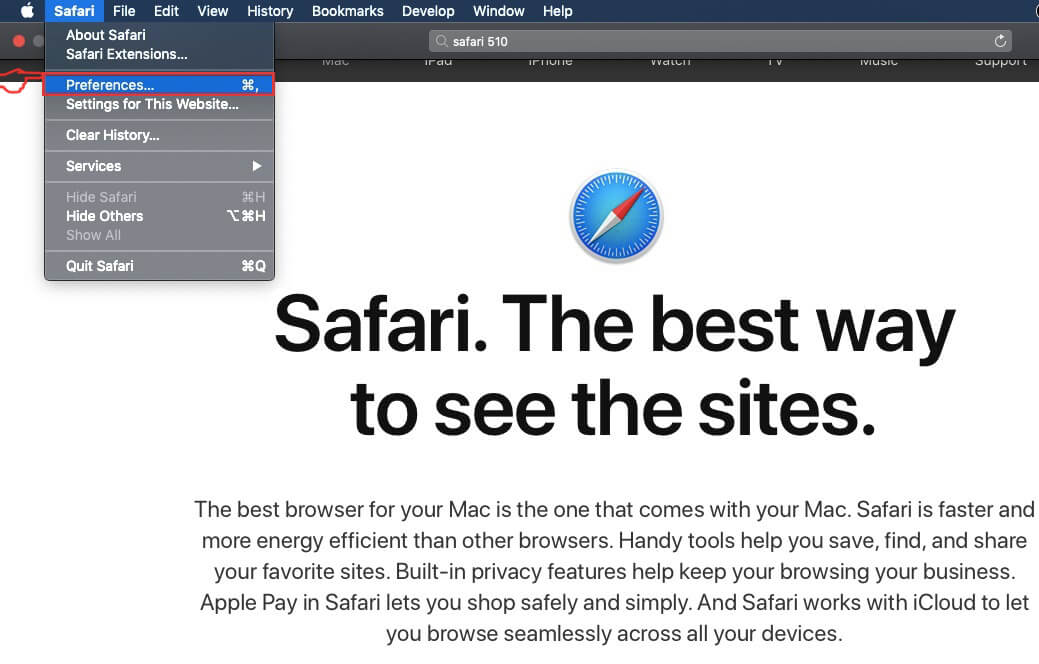

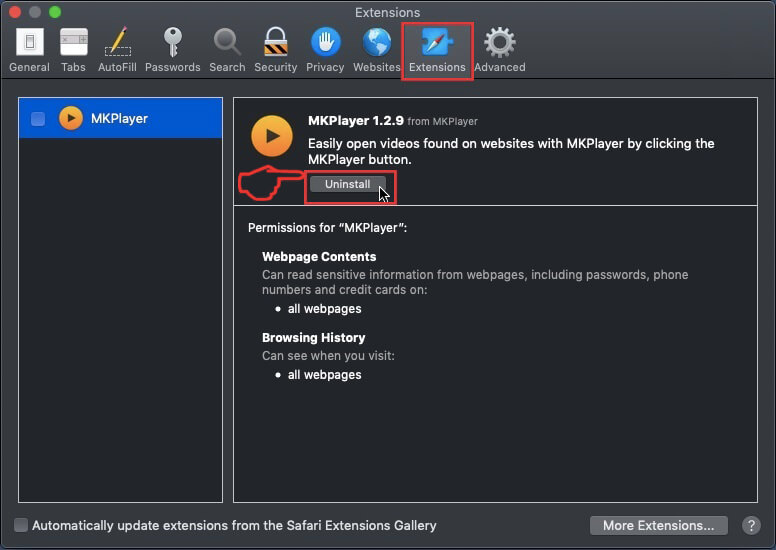
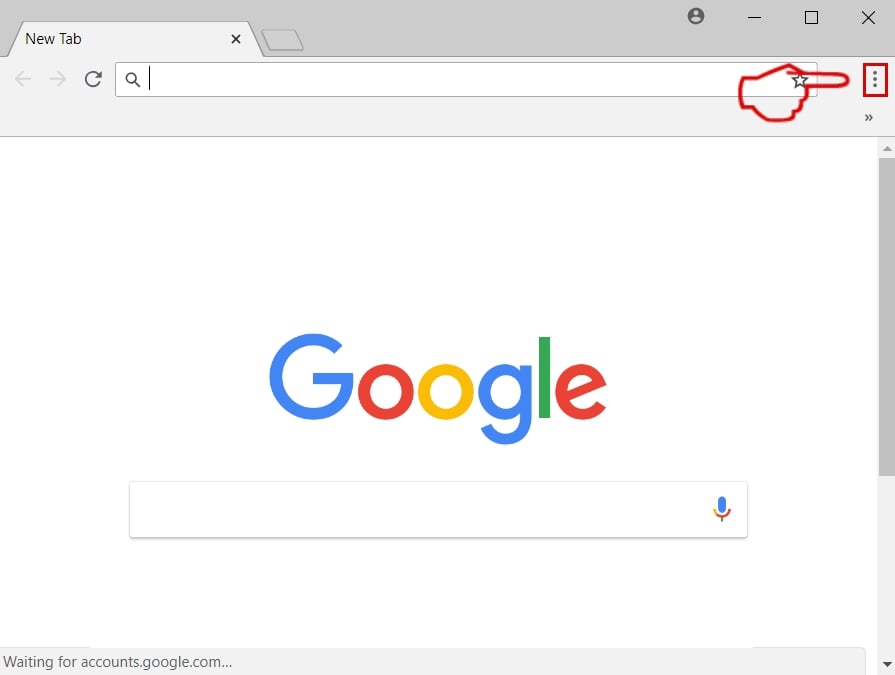
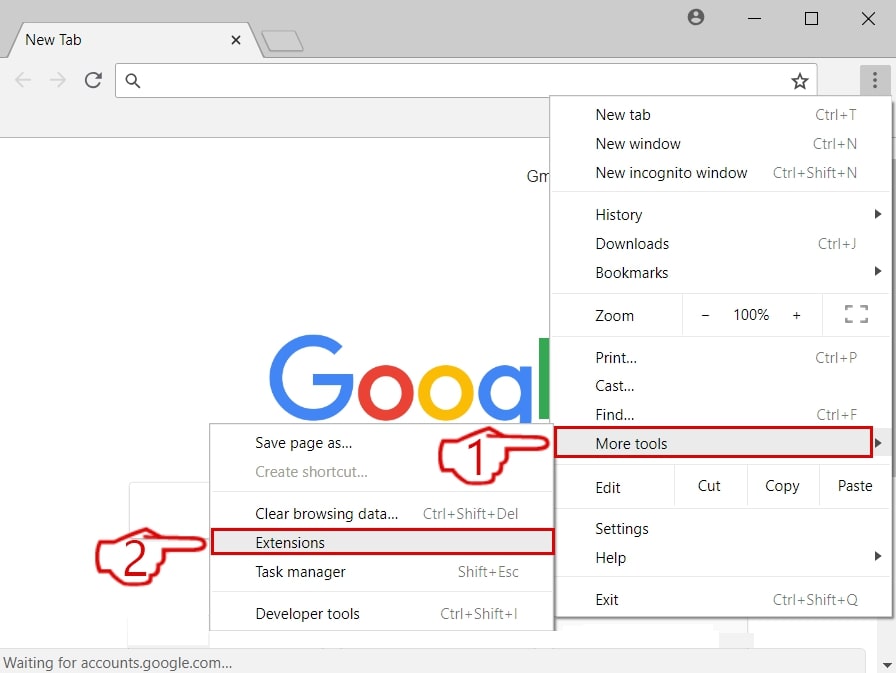
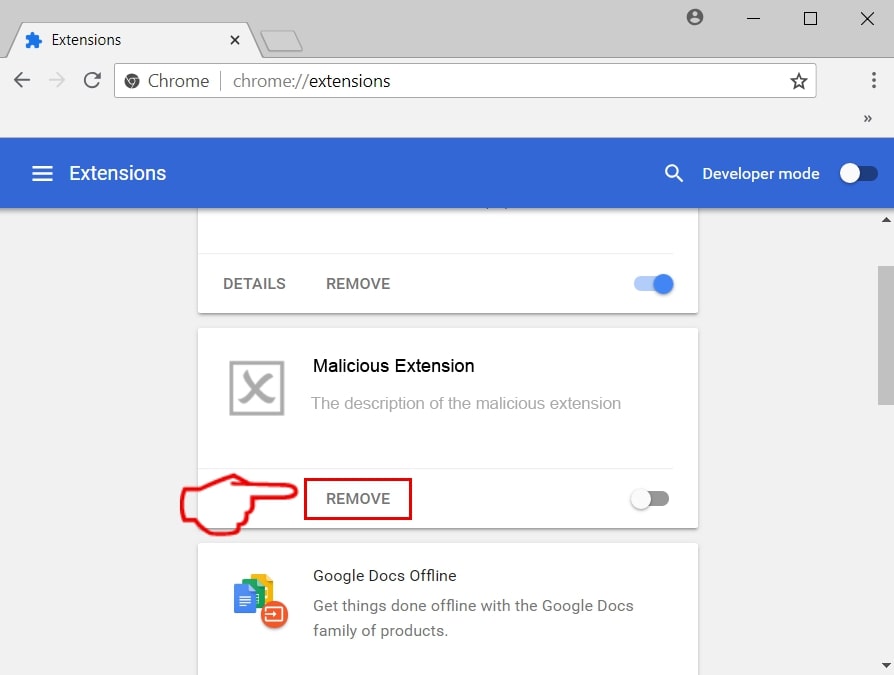
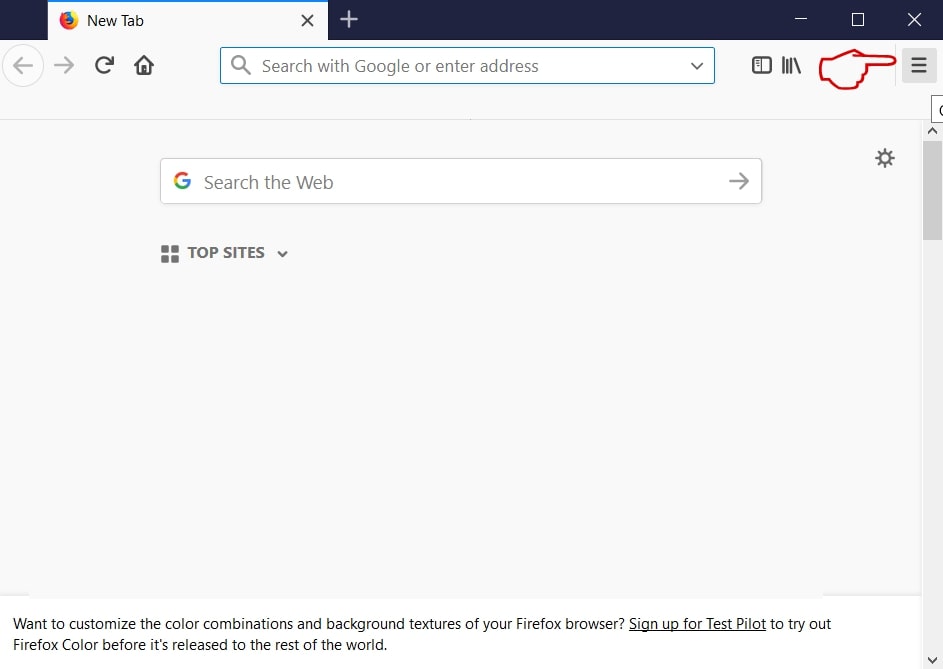
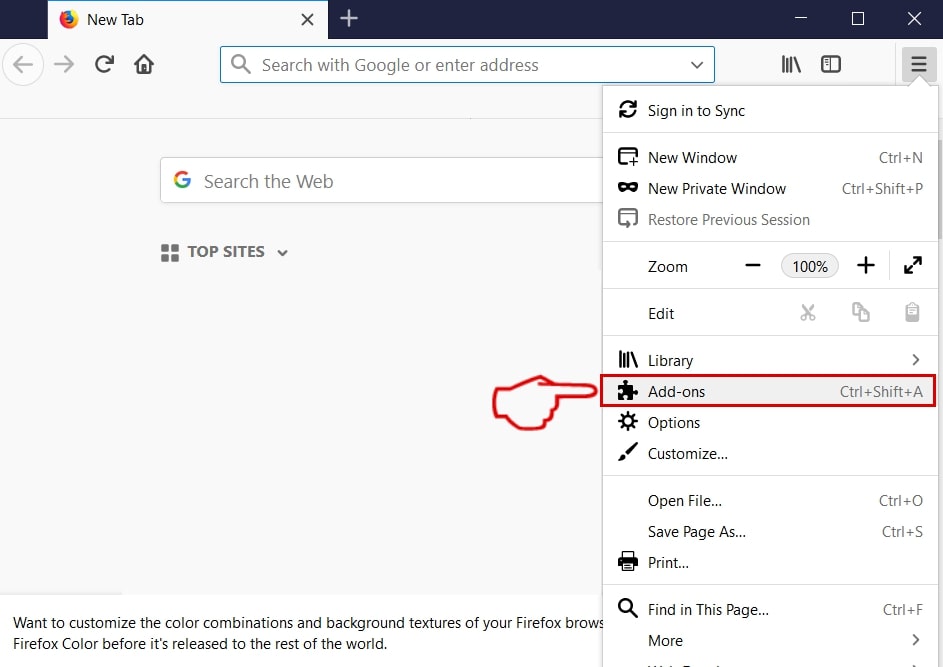
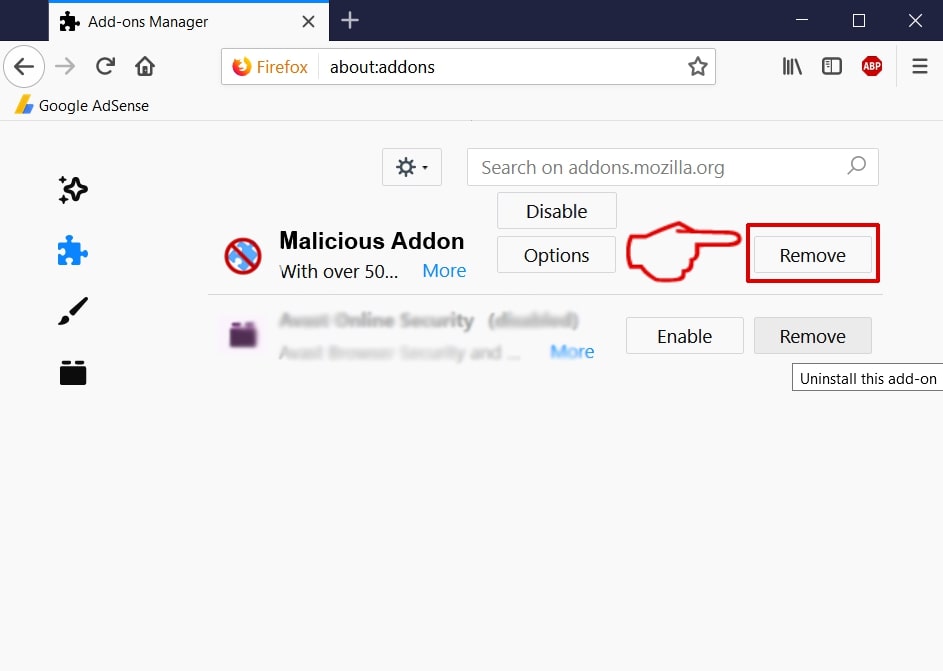
Gmera-FAQ
What is Gmera on your Mac?
The Gmera threat is probably a potentially unwanted app. There is also a chance it could be related to Mac malware. If so, such apps tend to slow your Mac down significantly and display advertisements. They could also use cookies and other trackers to obtain browsing information from the installed web browsers on your Mac.
Can Macs Get Viruses?
Yes. As much as any other device, Apple computers do get malware. Apple devices may not be a frequent target by malware authors, but rest assured that almost all of the Apple devices can become infected with a threat.
What Types of Mac Threats Are There?
According to most malware researchers and cyber-security experts, the types of threats that can currently infect your Mac can be rogue antivirus programs, adware or hijackers (PUPs), Trojan horses, ransomware and crypto-miner malware.
What To Do If I Have a Mac Virus, Like Gmera?
Do not panic! You can easily get rid of most Mac threats by firstly isolating them and then removing them. One recommended way to do that is by using a reputable malware removal software that can take care of the removal automatically for you.
There are many Mac anti-malware apps out there that you can choose from. SpyHunter for Mac is one of the reccomended Mac anti-malware apps, that can scan for free and detect any viruses. This saves time for manual removal that you would otherwise have to do.
How to Secure My Data from Gmera?
With few simple actions. First and foremost, it is imperative that you follow these steps:
Step 1: Find a safe computer and connect it to another network, not the one that your Mac was infected in.
Step 2: Change all of your passwords, starting from your e-mail passwords.
Step 3: Enable two-factor authentication for protection of your important accounts.
Step 4: Call your bank to change your credit card details (secret code, etc.) if you have saved your credit card for online shopping or have done online activiites with your card.
Step 5: Make sure to call your ISP (Internet provider or carrier) and ask them to change your IP address.
Step 6: Change your Wi-Fi password.
Step 7: (Optional): Make sure to scan all of the devices connected to your network for viruses and repeat these steps for them if they are affected.
Step 8: Install anti-malware software with real-time protection on every device you have.
Step 9: Try not to download software from sites you know nothing about and stay away from low-reputation websites in general.
If you follow these reccomendations, your network and Apple devices will become significantly more safe against any threats or information invasive software and be virus free and protected in the future too.
More tips you can find on our MacOS Virus section, where you can also ask any questions and comment about your Mac problems.
About the Gmera Research
The content we publish on SensorsTechForum.com, this Gmera how-to removal guide included, is the outcome of extensive research, hard work and our team’s devotion to help you remove the specific macOS issue.
How did we conduct the research on Gmera?
Please note that our research is based on an independent investigation. We are in contact with independent security researchers, thanks to which we receive daily updates on the latest malware definitions, including the various types of Mac threats, especially adware and potentially unwanted apps (PUAs).
Furthermore, the research behind the Gmera threat is backed with VirusTotal.
To better understand the threat posed by Mac malware, please refer to the following articles which provide knowledgeable details.



